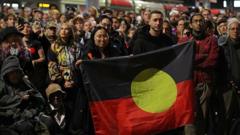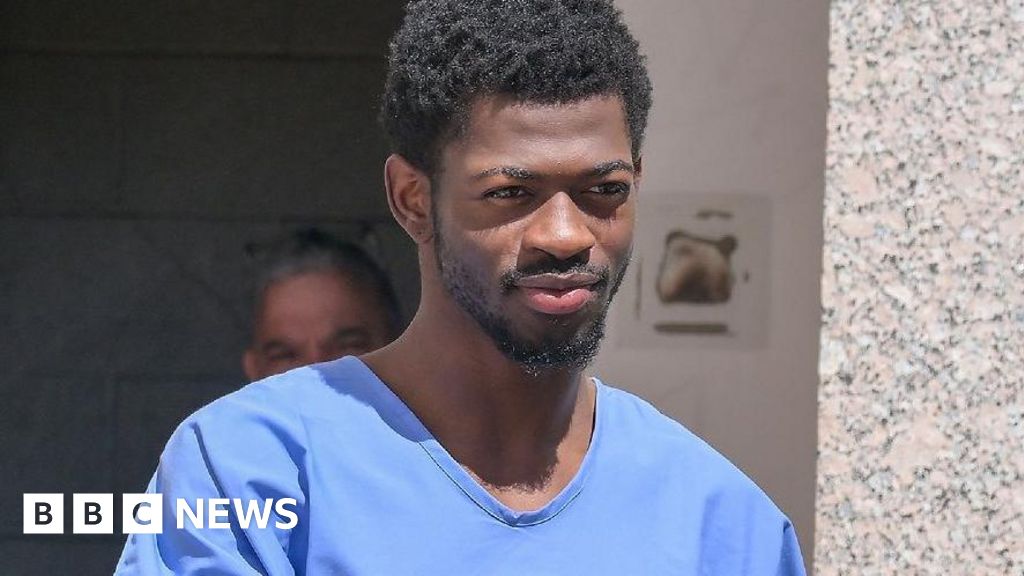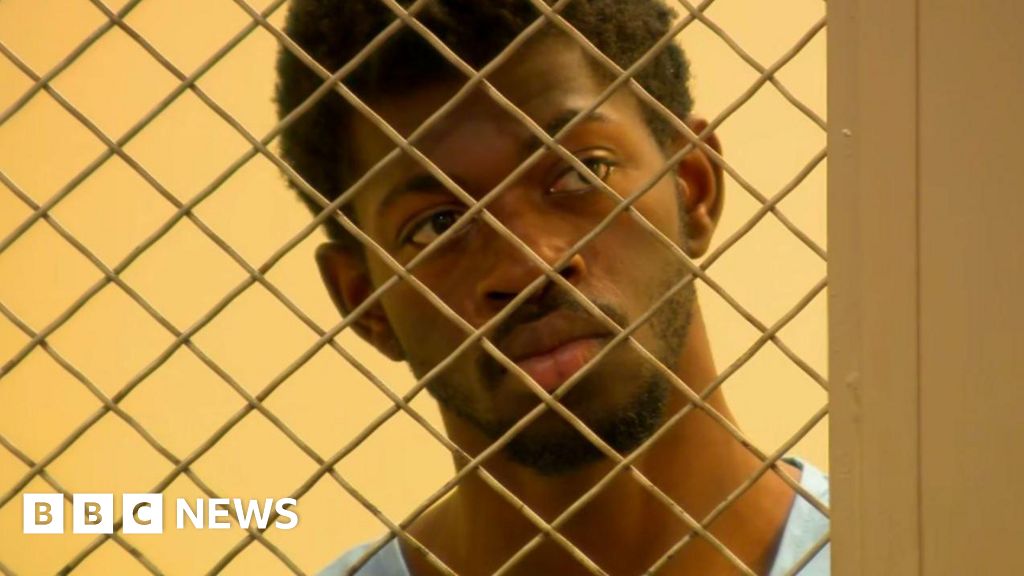The tragic shooting of 19-year-old Kumanjayi Walker in 2019 has ignited renewed scrutiny over policing practices in Australia, particularly regarding how they impact Indigenous communities. A coroner's inquest has now revealed that the police officer involved, Constable Zachary Rolfe, displayed "racist" tendencies and engaged in an "adrenaline-fueled" style of policing that contributed to Walker's preventable death.
Walker was shot three times at close range during a home arrest in Yuendumu, a remote Indigenous community in the Northern Territory. Rolfe faced charges of murder but was acquitted in 2022, provoking widespread protests highlighting the alarming rate of deaths in custody among Indigenous Australians.
Judge Elisabeth Armitage delivered her extensive findings at an open-air gathering in Yuendumu, where she stressed that Walker's death was "avoidable." She cited "systemic and structural racism" within the Northern Territory's police force, asserting that Rolfe's actions reflected a broader issue rather than being attributed to an isolated incident. Judge Armitage indicated that it was essential to acknowledge the normalization of racist language and attitudes at the Alice Springs police station.
While she could not confirm that Rolfe's racist views directly led to Walker's death, she noted that these attitudes couldn't entirely be ruled out. The inquest also pointed to Rolfe's dismissive behavior toward colleagues and his contempt for Indigenous officers, further complicating the incident's context.
On the day of the shooting, police attempted to arrest Walker for breaching a court order following a prior altercation where he wielded an axe. Judge Armitage labeled Walker a "vulnerable teenager" with a history of trauma and noted that police should have anticipated possible conflict. The confrontation reportedly escalated rapidly, resulting in Rolfe firing shots after Walker inadvertently injured him with scissors.
Critics argue that Rolfe's subsequent shots were unnecessary, and the inquest revealed that Rolfe made several regrettable decisions that placed himself in perceived danger, therefore justifying the use of deadly force. Additionally, his military background led him to find "combat situations exhilarating," demonstrating a troubling relationship with policing.
Judge Armitage expressed her condolences to Walker's family while outlining 32 recommendations aimed at reforming current practices. These include the establishment of "mutual respect agreements" for limiting firearm use during community policing and the need to enhance and publicly report on the effectiveness of anti-racism strategies within the police force.
In response to the inquest, Northern Territory Police acknowledged the painful journey of the investigation and voiced their commitment to implementing the insights gained from it. This case sheds light on the pressing need for transformative change in policing practices to protect vulnerable communities from systemic injustices.




















